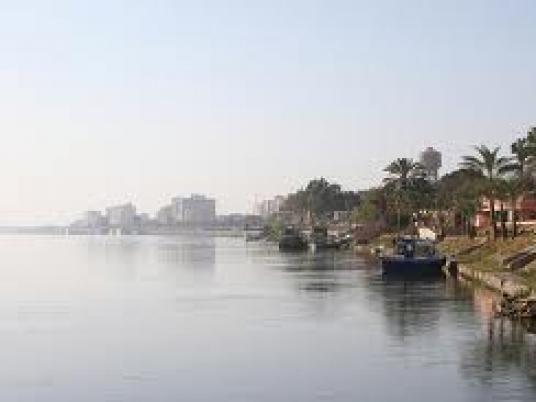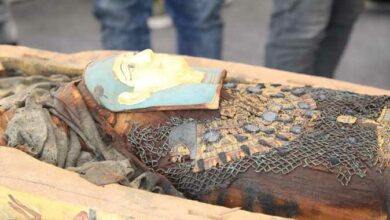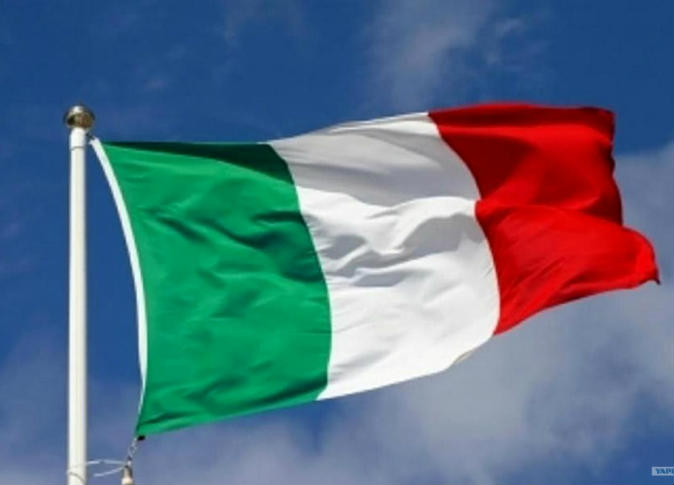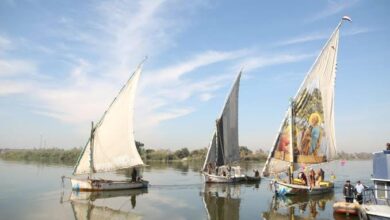
MINYA — Clustered around a long table in an office in the heart of Mallawy city on 4 October, southern Minya’s urban center, members of non-Islamist parties discussed with great enthusiasm — but little concrete planning — an initiative they are launching to increase their ability to compete against the Muslim Brotherhood in the upcoming parliamentary elections.
The initiative, brought forward by the liberal Free Egyptians Party, aims to form a parallel local council that would seek to fix locals’ most pressing problems. The Constitution Party, the Wafd Party, the Egyptian Social Democratic Party and the Karama Party are also participating.
However, four months after the idea was first announced, and with the parliamentary elections approaching, their meeting consisted of little more than preliminary brainstorming over the role and mechanics of this council.
The parties agreed during the meeting that the council would mainly aim at increasing their street presence and enabling them to compete with the Brotherhood in the next parliamentary and local elections. But, at the pace they’re going, and with the Brotherhood’s deeply rooted popularity in Upper Egypt, it remains to be seen whether the initiative will be effective.
“This is an attempt to bring together all the parties calling for a civil state and sharing the same goal together,” Adel Girgis, general coordinator of the Free Egyptians Party in Mallawy, said at the start of the meeting. “It’s a council that will tend to the affairs of the town so that we have a role in the street and in solving the problems that matter most to the people, and so that when there are elections, they will know us.”
Hassan Abu Taleb, political expert at Al-Ahram Center for Political and Strategic Studies, says parallel structures that ensure a connection with the street and the development of local leaders within liberal parties are, in essence, a good way for the liberals to face their greatest challenge: a weak street presence.
But he says that if the initiative is not well-conceived and institutionalized, it will not be effective.
While party representatives discussed solutions that the council can put forth for problems such as bread, gas, education, corruption, water and sectarianism, the mechanisms and structure of the council largely remain vague.
The group discussed some of the most critical problems that Egyptians, especially those living in the neglected villages in Upper Egypt, face and different solutions were suggested.
Addressing the low quality of bread, a Constitution Party representative suggested pushing for legislation that imposes harsher penalties for bakers who don’t abide by quality standards. Others present objected, saying that the council’s mission is to solve problems in light of current legislation, a misunderstanding that indicates a lack of clear purpose within the initiative.
Some other attendees suggested creating a veterinary caravan to care for the animals that are the major source of income for many village families, and the planting of fruit-bearing trees in the streets.
During former President Hosni Mubarak’s era, local councils were always dominated by regime loyalists who would abuse their power and ask for bribes in return for the basic services that the councils were supposed to provide their districts. Following Mubarak’s overthrow, the elected councils were deemed corrupt, and were dismantled.
A new law is now in the making to regulate the next local council elections.
Until then, the parties represented at the meeting complain that the government has been involving only the Brotherhood in local governance, giving the powerful group an edge in the street while marginalizing other parties.
After attending a city council meeting dominated by the Brotherhood, the parties now insist they get invited to these meetings only to create the illusion of social participation.
“They will not change anything based on these meetings. They already have a plan and they will follow through with it,” says Girgis, referring to the Brotherhood.
The parties hope the council will provide them with a pressure tool to make their voices heard.
“When we give a suggestion to the governorate in the name of all the parties, it will be heard, but if it was only one party, it will be forgotten — then the Brotherhood will take credit for it,” says Sherif Nady, deputy of the Free Egyptians Party in Mallawy.
The opposition resorted to parallel government bodies under Mubarak, as vote rigging prevented those opposed to his National Democratic Party from attaining authority through elections. In 2010, after rigged parliamentary elections, opposition parties formed a parallel parliament, which, while it put a spotlight on the government’s manipulation of elections, was never able to constitute an effective political force.
Abu Taleb says that while the parallel structures under Mubarak served as substitutes for the NDP-dominated elected bodies, which failed to serve the people, they now have a different function — especially in this case, in which there is no elected local council to shadow.
“This is not a substitute, but a virtual council that aims to get people acquainted with the functions of the local council, and it has the potential to turn into a real one if the people it trains succeed in winning the municipality elections,” Abu Taleb says.
The parties say they plan to use the initiative as an opportunity to groom local leaders within the parties that can win in local and parliamentary elections.
Girgis, however, says the initiative remains limited to Mallawy, with attempts to expand it to the rest of Minya Governorate. At this point, he doesn’t yet know whether the party will adopt it nationwide.
This article originally appeared in Egypt Independent's print edition




